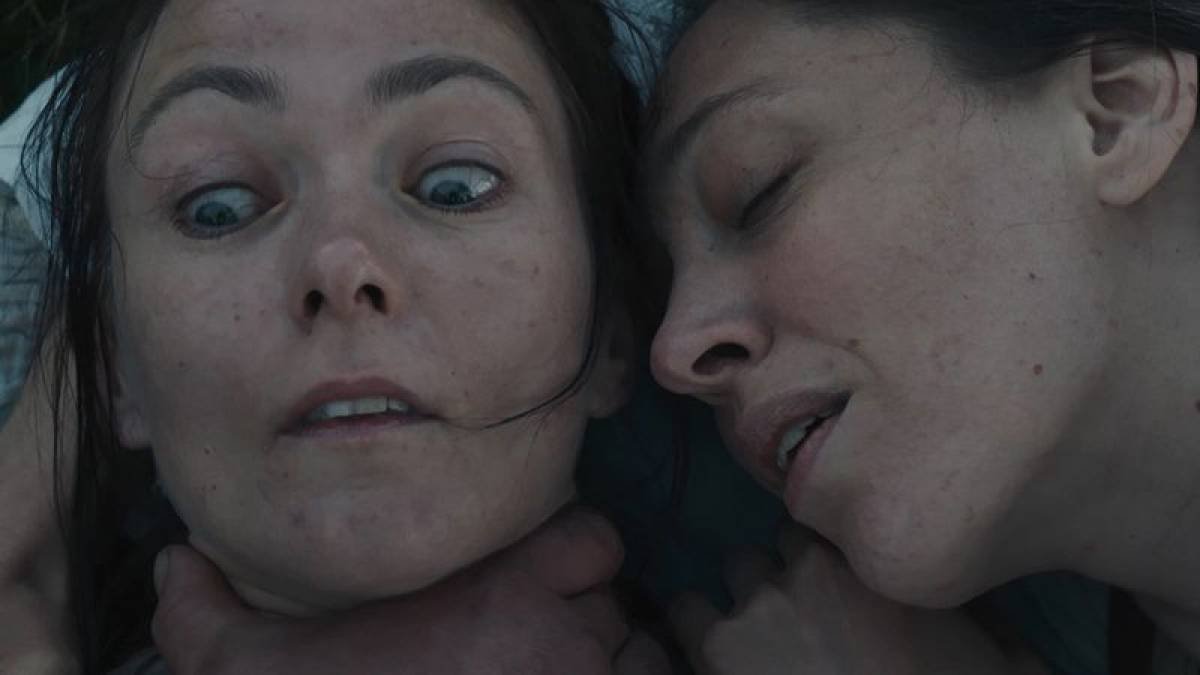Starring Aleksandra Cwen
Faith in scientific materialism is failing, with prominent cheerleaders like the New Atheists appearing evermore lonely and shrill. In their place we have hipster feminist witches in Brooklyn, binding spells levelled against Trump, and breathtakingly haunting new folk-horror movies like Hagazussa.
There's some irony, of course, in using precision technology to make a film that looks like a string of medieval paintings brought to life. There are moments in Hagazussa of astoundingly macabre beauty, as when the hollow-cheeked mother (Claudia Martini) of young Albrun (Celina Peter) is stricken by plague, and we wonder if her cadaverous maw, framed by sickly luminescent flesh, is still capable of taking breath.
Occupying the outskirts of a town in some frozen 15th-century realm, the woman and her young daughter are treated with deep suspicion by the townspeople. In the film's ensuing chapters, adult Albrun (Aleksandra Cwen) lives alone with an infant who apparently has no father. When she's horribly betrayed by a woman posing as a friend, Albrun's diabolical revenge captures the essence of real magic. It's grotesquely practical—a dead rat placed upstream from the town's well certainly does the trick—but it also invites the influence, it seems, of baleful and hungry spirits.
Nothing is ever totally clear in this marvellous debut from Austria's Lukas Feigelfeld. Is Hagazussa a tale of possession? Inherited madness? How does the grim-faced priest play into it? Or the totemic presence of Mother's skull, decorated with a flowered cap and observing from a corner of Albrun's home? What do we make of the film's persistent inversion of the holy with the profane?
An early reference to the pagan goddess Perchta might be the clue we're looking for, but in any case, as with Aleksei German's Hard to Be a God, what's crucial here is that the spell is never broken on this world of mossy cabins, vast emptinesses, and spectacular churches built from the skulls of pilgrims. And like Robert Eggers's The Witch, only better, its greatest achievement is the way Hagazussa becomes more powerfully hallucinatory and yet more bluntly real as it unfolds. It's like a hex to cast out Richard Dawkins.
Published July, 2019
